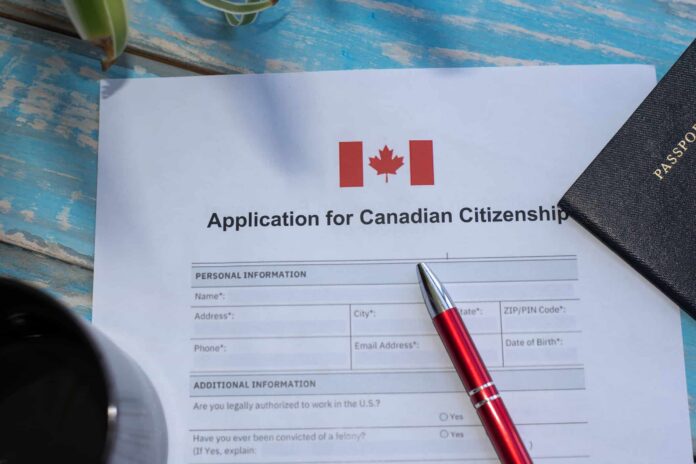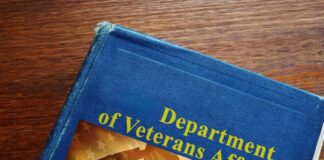
Traveling to another country and starting a new life is something millions of people do every year. While the reasons behind it are different, each person finds it difficult to leave everything behind, at least for the time being, and move somewhere completely new, foreign, and different.
Certain countries are completely different than others and tradition and culture are enough to make it a hard place to get used to. It is hard even without the language barrier, let alone if you hardly speak a word of it before you make the decision.
It matters greatly where you are going however, because it is not the same if you move to a country that is also a popular tourist destination and to a place nobody thinks about. For example, the country of Canada easily falls in the category of some of the most popular destinations on the planet no matter the reason for traveling.
Their beautiful cities, breathtaking and diverse landscapes, and welcoming people are enough to make anyone want to go there. The quality of life and low crime rates make it a desirable immigration destination too.
Before one can become a citizen of Canada however, just like in many other countries, they have to pass the Canadian citizenship test.
It is a matter of law and regulations as you cannot become a full-time member of their society and be considered equal until you fulfill certain terms. In this article we will talk more about this, particularly things you have to know before you take the Canadian citizenship test.
1. Who Takes the Test?

Not everybody has to actually take the test in order to get the citizenship and this is based on the age of the applicants. Only adults between 18 and 54 are required to take the test and go to the interview.
Adults 55 and older only go to the interview. Minors under 18 whose parents are Canadian, or those whose parents are applying at the same time, do not take the test and are only required to sit through the interview in some rare cases. Minors from 14 to 18 years of age have to go to the interview, while those who are yet to turn to 14 do not.
2. What is On the Test?
Citizenship tests in most countries have to deal with knowledge about the country. You have to know all the important things that make Canada what it is, as well as what makes Canadians who they are.
There are 20 questions on the test and you will be asked about the history, economy, geography, government, laws, and symbols of Canada. In addition, there are questions about the responsibilities and rights of Canadians.
Unlike some other citizenship tests from around the world, language skills are not assessed during the test itself, meaning you are not required to prepare for a French or English test.
3. There is a Study Guide

It is usually difficult and challenging to prepare for such a test on your own, mostly because you can never know if you covered everything and what you can be asked.
Therefore, to make things easier as well as to ensure that the applicants are using a trusty source of information while studying about Canada, there exists an official citizenship study guide.
It is called Discover Canada: The Rights and Responsibilities of Citizenship. It is available online in PDF or HTML, you can download it as a PDF or as an eBook, or listen to audiobooks read by famous Canadians.
There is also an option to order a copy and have it sent you. There is no better way of preparing for the test than this. Best of all, it is free no matter the medium you choose.
4. Practice Questions
Although the study guide will be your best companion to actually study and prepare for the test, you will also need mock questions and tests that will help you be prepared for any kind of question or combination of questions.
Not all of the sections are equally easy to memorize and overcome, as you may very well know from your school days. Some people are better with history while others prefer economy or laws. Whatever the case, you will require some practice questions that ask you to use what you have learned so far in more than one way.
To make sure you use the best ones available, we highly recommend that you visit canadiancitizenshiptests.ca and check out what they have to offer. Their free practice test will be all you require after you are done with studying and only need to stay in shape or revise.
5. Flexible Dates

While it is always advised to clear your schedule and respectfully show up to your appointed test date, it is possible to send them a message and explain why you are unavailable.
You can get a new date but only if you provide a reasonable explanation. Otherwise, you risk not getting citizenship and complicating your status down the line. There is a special online web form that you can use, or simply send them an email or write to the local office.
All in all, it takes a few weeks for the applicant to be invite to the test. Between one and two weeks before the test, you will also be sent an email notice with the exact location, date, and time of the test.
6. What to Bring?
Last but not least, you have to prepare a few things to bring to your test appointment. First off, you will need the “Notice to Appear” as well as your permanent resident card. They require each applicant to bring two pieces of personal identification, one of which should have both your signature and your photo on it.
A health card or a driver’s license usually do. If you have any foreign documents, they have to be issued by the government. In case your documents are not in French or English, you will require a translation alongside an affidavit from a certified translator.
Remember how you do not have to take a language test? Well, you will have to bring a degree, diploma, or a certificate that proves your English or French language skill level. This only applies to applicants between 18 and 54.








